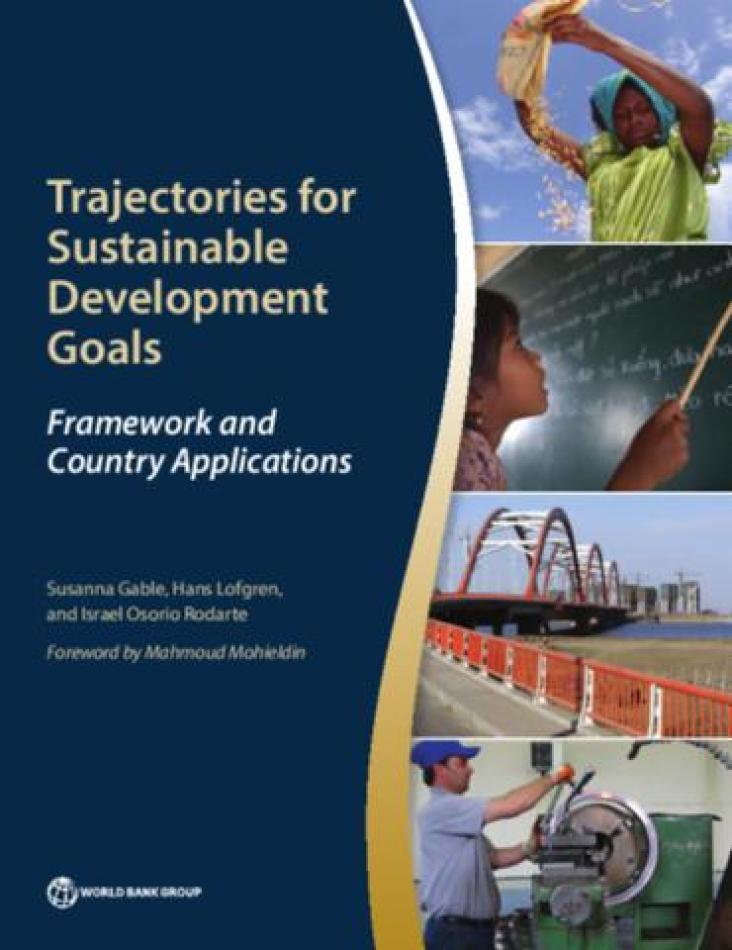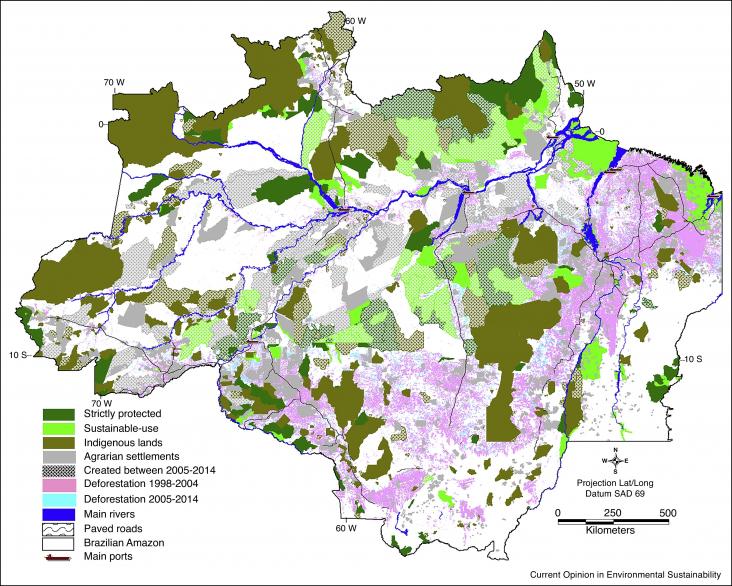We adopt a theory-based approach to synthesize research on the effectiveness of payments for environmental services in achieving environmental objectives and socio-economic co-benefits in varying cont
This book chapter advances SDG 15 and 11 introducing a novel agricultural practice—vertical farming/urban agriculture, highlighting how it can help deliver safe and nutritious food for a growing world population in environmentally and socially sustainable ways.
This book chapter advances SDG 11, 15 and 9 presenting the role of adaptation of buildings in the context of climate change, the consequent implications on buildings in various climatic zones, and the possible strategies that need to be evaluated.

This book presents the country development diagnostics post-2015 framework, developed by the World Bank Group to assess the country-level implications of the post-2015 global agenda, as well as brief, ‘at-a-glance’ applications of the framework to ten countries: Ethiopia, Jamaica, the Kyrgyz Republic, Liberia, Nigeria, Pakistan, Peru, the Philippines, Senegal, and Uganda.

The Brazilian Amazon is being affected by the new worldwide geopolitical transformation that is tending towards an integrated global economy.
Today, accredited zoos are not just places for entertainment, they are actively involved in research for conservation and health.
Land Degradation (LD) in socio-environmental systems negatively impacts sustainable development paths.
Urbanization is transforming human society in many ways.

This article highlights the winning proposals of the second edition of the Elsevier Foundation Green & Sustainable Chemistry Challenge. The winning proposals were chosen for their innovative green chemistry aspects and their large positive impact on the environment, contributing to SDGs 3, 8, 13 and 15.

The winner of the first ever Green and Sustainable Chemistry Challenge, Dr Suzana Yusup, invited Rob van Daalen (publisher Chemistry and initiator of the Challenge) to make a site visit to see the progress of her project "Biopesticide for Improvement of Paddy Yield". The visit made clear that the Elsevier sustainability program and specifically this challenge have a positive impact on health, environment and society in local communities in Malaysia, enhancing efforts to advance SDGs 1, 6, 12 and 15.
